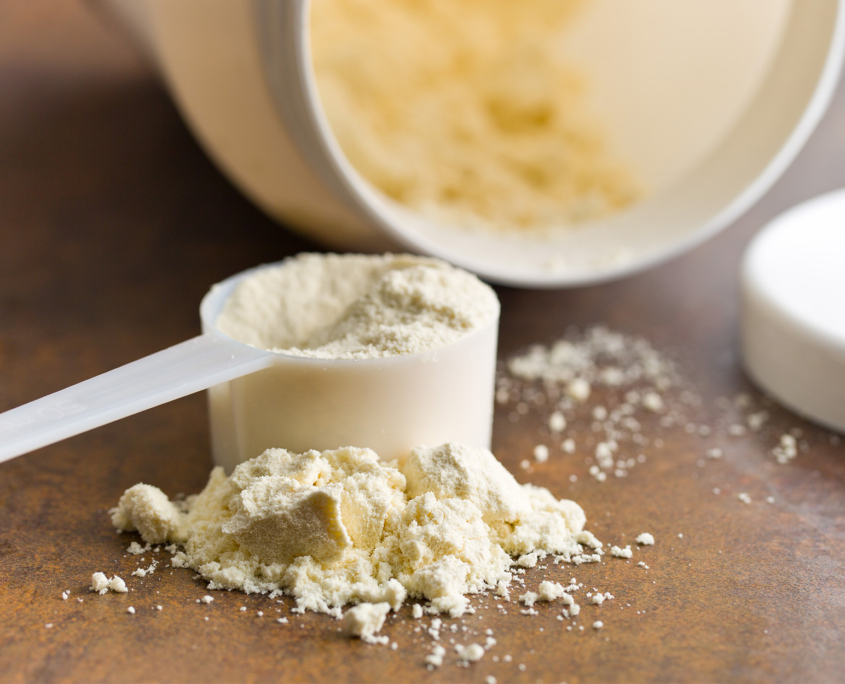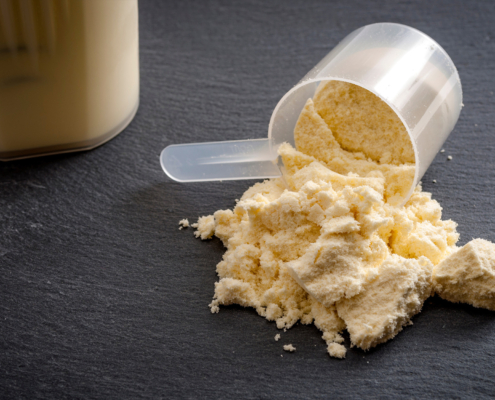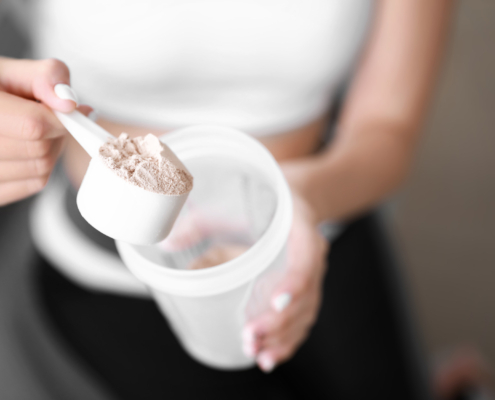After the initial stages of protein powder production, the concentrate or isolate undergoes a rigorous filtration process. The goal is to eliminate unwanted substances such as fats, carbohydrates, minerals, and other impurities that may impact the quality and effectiveness of the protein. By using advanced filtration technologies, manufacturers can deliver a product that is purer and easier for consumers to digest.
Some common filtering methods include:
- Microfiltration: A physical separation process that uses a membrane to remove larger particles.
- Ultrafiltration: Employs a finer membrane to catch smaller particles, further refining the protein.
- Nanofiltration: Even more precise, this method targets minute impurities, ensuring an exceptionally pure product.
- Reverse Osmosis: A high-pressure process that purifies and concentrates the protein by passing it through a semi-permeable membrane.





